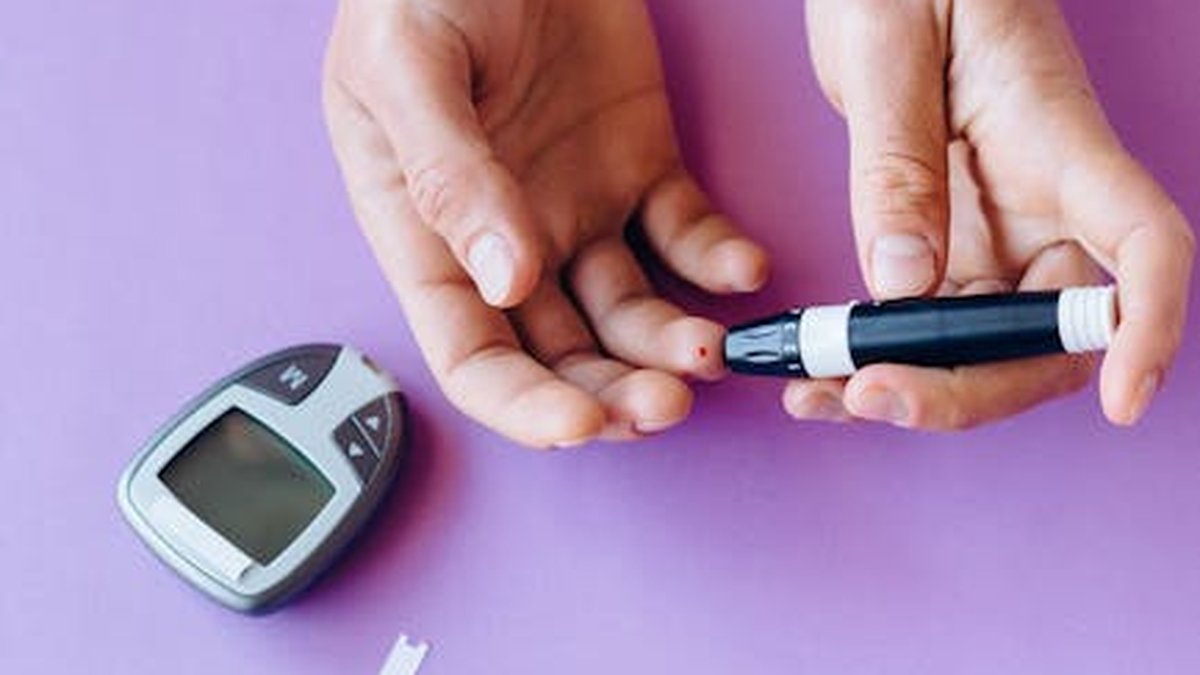That familiar, uncomfortable feeling in your stomach after a meal – we’ve all been there. Sometimes it’s just a sign we ate too much, too quickly. But what if that stomach pain after eating becomes a regular occurrence? What if it’s accompanied by other troubling symptoms? It’s easy to dismiss it, but it’s crucial to understand that recurring stomach pain after eating might be your body’s way of sending you a warning signal. Ignoring these signals could lead to overlooking underlying health issues that need attention.
Decoding the Discomfort: Potential Causes
The reasons behind stomach pain after eating can be varied, ranging from relatively harmless to more serious conditions. Pinpointing the exact cause often requires careful observation and, in some cases, medical evaluation. Let’s explore some of the common culprits:
Food Sensitivities and Intolerances
One of the most frequent causes of post-meal stomach pain is food sensitivity or intolerance. Lactose intolerance, gluten sensitivity (non-celiac gluten sensitivity), and fructose malabsorption are prime examples. These conditions occur when your body has difficulty digesting certain food components, leading to inflammation, gas, bloating, and, of course, stomach pain. It’s not always a full-blown allergy, but the discomfort is real.
Irritable Bowel Syndrome (IBS)
IBS is a chronic gastrointestinal disorder that affects the large intestine. Its symptoms, which can include abdominal pain, bloating, gas, diarrhea, and constipation, are often triggered by certain foods or stress. Living with IBS can be incredibly frustrating, as symptoms can be unpredictable and significantly impact quality of life.
Gastritis and Peptic Ulcers
Gastritis is an inflammation of the stomach lining, while peptic ulcers are sores that develop in the lining of the stomach, esophagus, or small intestine. Both conditions can cause burning stomach pain, especially after eating. H. pylori infection and long-term use of NSAIDs (nonsteroidal anti-inflammatory drugs) are common causes.
Also Read: Using Heating Pads or Laptops? Watch Out for This Skin Condition
Gallbladder Issues
The gallbladder stores bile, a digestive fluid produced by the liver. Gallstones or other gallbladder problems can cause intense pain in the upper right abdomen, often after eating fatty meals. This pain can radiate to the back or shoulder. Think of it as a traffic jam in your digestive system – bile can’t flow properly, leading to discomfort.
Other Possible Causes
- Food Allergies: These can trigger severe reactions, including stomach pain, hives, swelling, and difficulty breathing.
- Acid Reflux (GERD): Stomach acid flows back into the esophagus, causing heartburn and sometimes stomach pain.
- Pancreatitis: Inflammation of the pancreas can cause severe abdominal pain that may worsen after eating.
- Celiac Disease: An autoimmune reaction to gluten that damages the small intestine.
When to Seek Medical Attention: Warning Signs
While occasional stomach discomfort after eating is usually not a cause for concern, certain symptoms warrant a visit to your doctor. Don’t hesitate to seek professional help if you experience any of the following:
- Severe or persistent abdominal pain: Pain that doesn’t subside with over-the-counter remedies or lasts for more than a few days.
- Blood in your stool or vomit: This could indicate bleeding in the digestive tract.
- Unexplained weight loss: Losing weight without trying can be a sign of an underlying health problem.
- Difficulty swallowing: This could indicate a problem with your esophagus.
- Persistent nausea or vomiting: This can lead to dehydration and other complications.
- Changes in bowel habits: Such as persistent diarrhea or constipation.
- Fever: Especially if accompanied by abdominal pain.
Taking Control: Steps You Can Take
While it’s essential to consult a doctor for persistent or severe stomach pain, there are steps you can take to potentially alleviate symptoms and prevent future episodes:
Keep a Food Diary
Track what you eat and when, as well as any symptoms you experience after eating. This can help you identify potential trigger foods.
Eat Smaller, More Frequent Meals
Overeating can put a strain on your digestive system. Eating smaller meals throughout the day can be easier on your stomach.
Avoid Trigger Foods
Once you identify foods that seem to cause problems, try eliminating them from your diet to see if your symptoms improve. This often requires careful experimentation.
Manage Stress
Stress can exacerbate digestive issues. Practice relaxation techniques like yoga, meditation, or deep breathing exercises.
Stay Hydrated
Drinking plenty of water can help keep your digestive system functioning smoothly.
Consider Over-the-Counter Remedies
Antacids, gas relievers, and digestive enzymes may provide temporary relief from mild symptoms. However, always consult with your doctor or pharmacist before taking any new medications.
Listening to Your Body
Ultimately, understanding why you experience stomach pain after eating is about listening to your body and paying attention to the signals it’s sending. Don’t ignore persistent discomfort. While it might be nothing serious, it’s always best to err on the side of caution and seek medical advice when needed. Taking proactive steps to identify potential triggers and manage your digestive health can significantly improve your overall well-being. Your gut health is directly connected to your mental and physical well-being, making it a priority worth investing in.






4 thoughts on “Why Stomach Pain After Eating Might Be a Warning Sign”
Comments are closed.